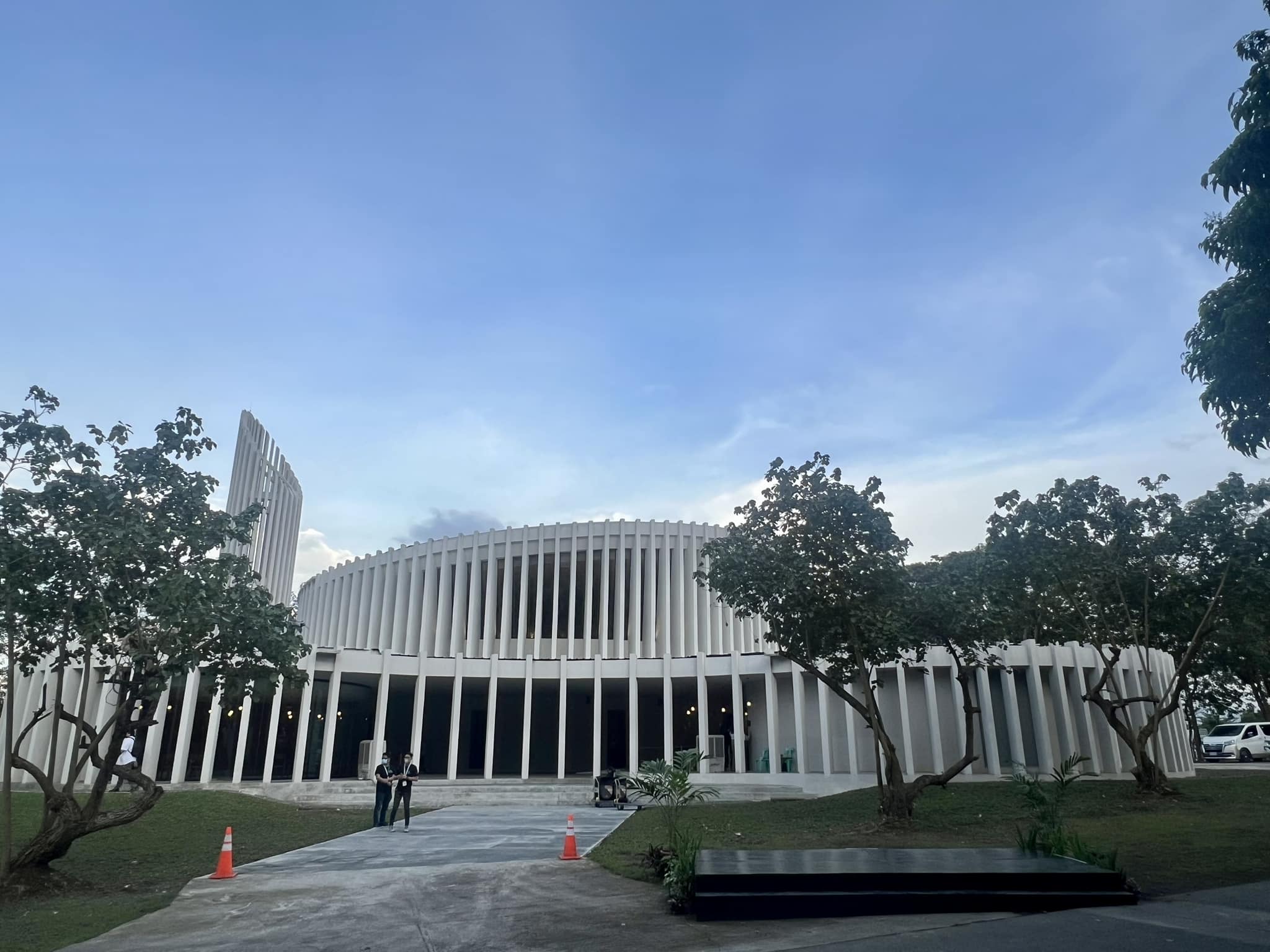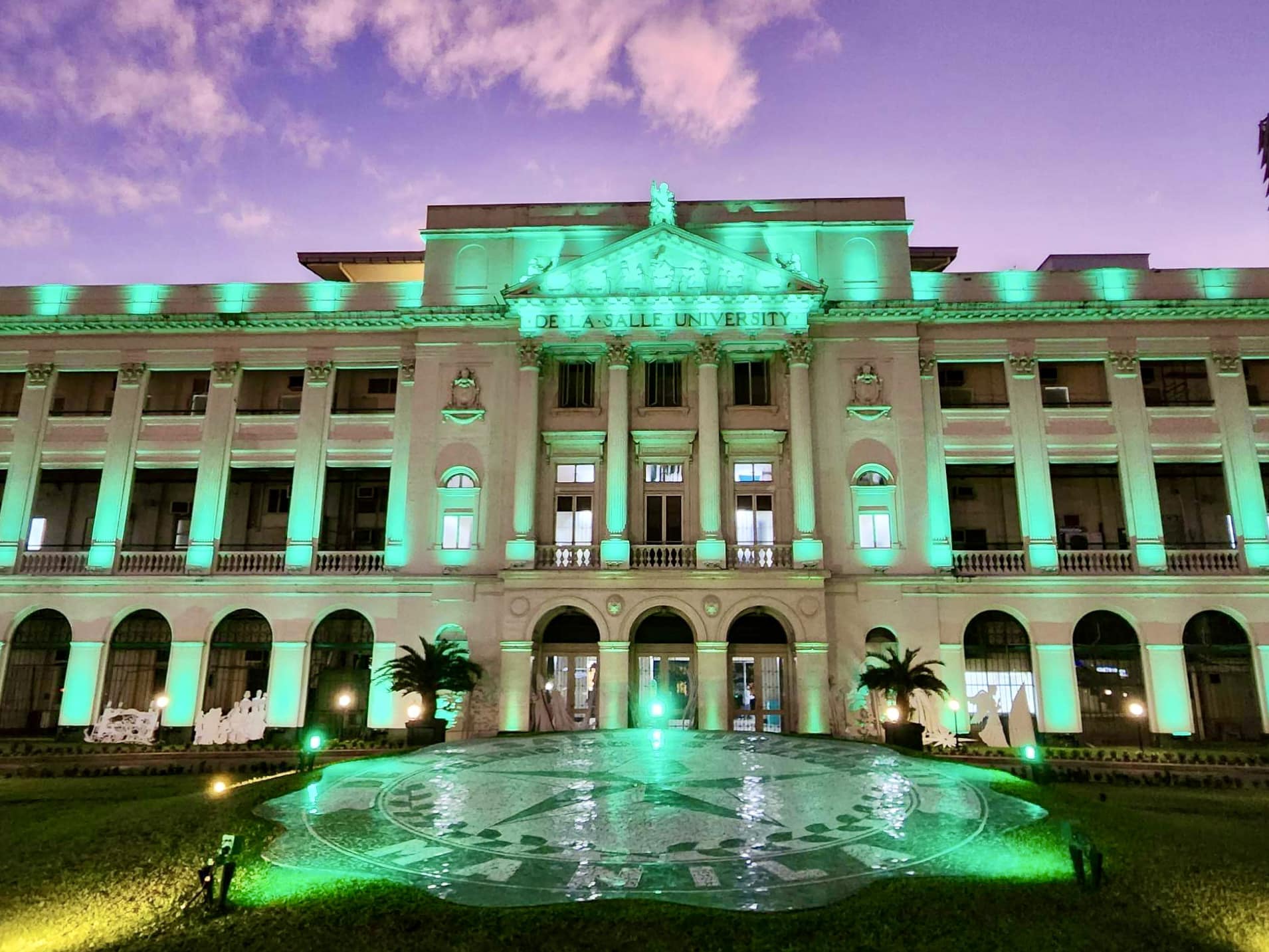MTH101A FOUNDATION COURSE IN MATHEMATICS (5 units)
This is a course on pre-calculus covering the following topics: Basics of algebra equations and inequalities in one variable functions and their graphs exponential and logarithmic functions trigonometric functions trigonometric identities inverse trigonometric functions trigonometric equations polar coordinate system coordinates and lines curve sketching conic sections systems of equations sequences mathematical induction and the binomial theorem
STT101A FOUNDATION COURSE IN STATISTICS (3 units)
This is a course covering basic rules of probability discrete and continuous probability distributions and introduction to inferential statistics
GEMATMW MATHEMATICS IN THE MODERN WORLD (3 units)
This course aims to discuss the nature of mathematics leading to appreciation of its practical intellectual social and aesthetic dimensions It includes the study of the nature of mathematics and how the perception of this leads to different tools for understanding and dealing with various aspects of present day living such as managing personal finances making social choices appreciating geometric designs understanding codes used in data transmissions and security and dividing limited resources fairly
STT201A EXPLORATORY DATA ANALYSIS (3 units)
This is a course covering statistical concepts statistical measurements statistical notations collection organization and presentation of data measures of central tendency location dispersion skewness kurtosis; boxplots and stem-and-leaf display; measures of association and relationships; rates ratios and proportions; construction of index numbers and indicators/official statistics
MTH201A MATHEMATICAL ANALYSIS 1 (5 units)
This is the first course in the calculus series for majors It covers limits continuity derivatives of algebraic and transcendental functions applications of derivatives differentials antiderivatives definite integrals the Fundamental Theorem of Calculus and some applications of the definite integral
MTH210A INTRODUCTION TO SET THEORY (3 units)
This is a course covering the principles of symbolic logic valid arguments and methods of proof; axioms on sets algebra of sets; relations and functions the natural numbers finite and infinite sets and cardinal numbers
MTPROG1 COMPUTATIONAL THINKING IN PYTHON (3 units)
This course covers the fundamentals of logic formulation computational thinking and problem solving together with their implementation in the Python programming language This course serves as a foundation for future courses that the students will encounter throughout their program This course will cover topics on data representation I/O control structures loops and functions as well as discussions on how to use them appropriately in constructing program code
MTH202A MATHEMATICAL ANALYSIS 2 (5 units)
This is the second course in the calculus series for majors It covers techniques of integration indeterminate forms improper integrals sequences and series parametric equations polar coordinates functions of several variables and a quick look at evaluating multiple integrals
MTH220A NUMBER THEORY (3 units)
This is an introductory course in Number Theory taken up as a major course by students in the mathematics programs Topics discussed include divisibility the greatest common divisor and least common multiple prime numbers and their properties the unique factorization theorem basic properties of congruences linear congruences and linear Diophantine equations the Chinese Remainder Theorem applications of congruences the theorems of Fermat Euler and Wilson arithmetic functions and their properties quadratic congruences quadratic residues and the Quadratic reciprocity law and primitive roots
MTPROG2 ADVANCED PROGRAMMING IN PYTHON (3 units)
This course for computer programming in C covers the representation and manipulation of data structures It reinforces the knowledge skills and attitudes acquired by the students in the pre-requisite course and serves as a foundation for future courses that the students will encounter throughout the program
CCPROG3 PROGRAMMING WITH STRUCTURED DATA ANALYSIS (3 units)
This course provides students with the fundamental understanding of object-oriented (OO) technology It exposes students to OO design and analysis using the Unified Modeling Language (UML) along with OO program implementation using the Java programming language It also introduces the different concepts that are commonly associated with object programming such as multi-threading event-driven programming etc through Java Students are expected to be able to Design a system using the object-oriented paradigm shown in a class diagram program in Java using the object-oriented paradigm and implement a working Java program from given a class diagram
CCINFOM INFORMATION MANAGEMENT (3 units)
This course provides the students with the knowledge and skills needed to plan analyze design and use databases With formal tools and foundation concepts students are equipped with basic data management theories and principles to better understand how to build and use databases for various purposes and to analyze data to support organizational decision-making activities The course also tackles the identification of organizational information requirements creation of data models conversion of conceptual models into relational data models and the application of normalization techniques using the Entity-Relationship (ER) model Furthermore technical skills on relational database design the use of database query languages and the development of a database system will be covered
MTH203A MATHEMATICAL ANALYSIS 3 (5 units)
This is the third course in the calculus series for majors It covers multiple integration vector spaces and planes and lines in in calculus of functions of several variables and line and surface integrals
CCDSALG DATA STRUCTURES AND ALGORITHMS (3 units)
Representing information is fundamental to Computer Science The primary purpose of most computer programs is not to perform computations but to store and retrieve information usually as fast as possible and efficient For this reason the study of data structures and the algorithms that manipulate them is at the heart of Computer Science (Shaffer 2011)[1] This course is a one-term introductory on data structures and algorithms with two main objectives: (a) to provide students with knowledge in various data structures and algorithms; and (b) introduce them techniques in analyzing the efficiency of computer algorithms Topics to be covered but not limited to include representation and operations on linear and non-linear data structures (ie array lists stacks queues graphs trees and heaps) applications of data structures different types of file organizations hashing and time complexity-based analysis of algorithms
MTH223A ABSTRACT ALGEBRA 1 (3 units)
This course is an introduction to group theory It covers abelian and cyclic groups subgroups dihedral and permutation groups normal subgroups and factor groups Lagrange’s Theorem fundamental homomorphism theorems and Cayley’s theorem
MTH257A STATISTICAL THEORY 1 (3units)
A course in probability theory Topics include the concept of sample space and events conditional probability probability density function cumulative distribution functions mathematical expectations joint and marginal distribution functions of several random variables Special distributions such as uniform binomial poisson geometric gamma beta exponential normal etc are covered
MTH221A LINEAR ALGEBRA (3 units)
This is an introductory course in linear algebra taken up as a major course by students in the mathematics programs Topics discussed include matrices vector spaces linear transformation and its matrix representations eigenvalues and eigenvectors and diagonalization
CSINTSY INTRODUCTION TO ARTIFICIAL INTELLIGENCE (3 units)
This course introduces the students to the basic concepts and techniques in the area of artificial intelligence Concepts and techniques include knowledge representations searching and problem solving Furthermore the course is designed to expose undergraduate students to functional and symbolic programming and use of an expert system shell
MTH258A STATISTICAL THEORY 2 (3 units)
A course in estimation of parameters and tests of hypotheses Topics include order statistics limiting distributions methods of estimation properties of estimators and hypothesis testing
MTH225A GRAPH THEORY (3units)
An introductory course in graph theoretic concepts which include connectivity trees traversability factorizations planarity colorability Applications in operations research and computer sciences as well as open problems are also discussed
MTH224A ABSTRACT ALGEBRA 2 (3 units)
This is a major course for BS Mathematics students It is a second course in Abstract Algebra which introduces students to other algebraic structures such as rings integral domains and fields It is designed to enhance the students’ skills in logical reasoning and analysis
MTH241A DIFFERENTIAL EQUATIONS (3 units)
A course in the solution of first order differential equations and higher order differential equations Laplace Transformations power series method and boundary value problems
MTH243A COMPLEX ANALYSIS (3 units)
This course covers the definition of the complex number system It discusses functions of a complex variable and their derivatives and integrals Topics include the Cauchy-Riemann conditions contour integrals the Cauchy – Goursat Theorem the Cauchy Integral theorem Taylor and Laurent series and the applications of residues
DATAPRE DATA INTEGRATION AND PREPARATION (3 units)
By the year 2020 the world’s accumulated data is projected to reach 44 zettabytes This data has become a staple in daily decision-making in the way corporations operate how ads are targeted and even in the way we commute This gave rise to Data Science a structured process of data-driven decision-making This course exposes the students to different basic processes involved in Data Science including collecting cleaning analyzing and visualizing data At the end of the course the student is expected to have a fundamental knowledge of how data can be used to give insights in real world applications The course will be composed of lectures on the basic theory of data science but will mainly focus on simple applications in Python/R Programming knowledge is needed Students are expected to learn basic programming using Python/R and have taken a course on statistics and probabilities Topics will include data transformation techniques (scaling aggregation feature selection) data analysis techniques (classification clustering regression) and visualization techniques
CSALGCM ALGORITHMS AND COMPLEXITY (3units)
The course introduces formal models and the theory of computation basic algorithm design analysis principles and techniques applicable to different data structures Two main areas of discussion include: formal languages and automata theory; algorithm analysis and computational complexity The formal languages and automata theory defines the fundamental and theoretical mechanisms of how computers perform calculations independently from the technology of their physical construction The complementary topics of algorithm analysis and computational complexity on the other hand concentrate on understanding algorithms’ behavior by analyzing the amount of resources (execution time) needed by an algorithm to solve a problem Topics of discussion include asymptotic analyzes average-case and worse-case analyzes recurrence analyzes and well-known classical algorithms
STT141A LINEAR MODELS (3 units)
A study of the various linear statistical models that arise in practice Topics include multivariate normal distribution distribution of quadratic forms general linear models estimation and tests of hypotheses about linear hypotheses and design matrices giving rise to analysis of variance models
MTH242A NUMERICAL ANALYSIS (3 units)
This is a course for mathematics and statistics majors It introduces the students to numerical methods of approximating solutions to different classes of mathematics problems It is designed to provide the students with real-life approaches to solving problems for which closed form solutions are not feasible
MTH245A ADVANCED CALCULUS (3 units)
This course presents the real number system as a complete ordered field It discusses topological properties of Euclidean n-space limits and continuity sequences of constants and sequences of functions It also covers differentiation and pertinent results such as the Mean Value Theorem
DATANVI DATA ANALYSIS & VISUALIZATION (3 units)
In this course students will learn to manipulate analyze and visualize data using well-used software Tableau Python and d3js No prior knowledge and experience on the software is required but exposure to programming is expected Classes will be conducted as a combination of sharing theoretical background and analysis related to visualization along with actual and practical use of the software to actual world data Students (in small groups) will create (conceptualize design and/or code) a useful interactive visualization based on a real-world dataset
MTH253A OPERATIONS RESEARCH 1 (3 units)
As an introductory course in Operations Research this course focuses on the basic models the analysis and the solution of linear optimization models The thrust is in the analysis of problems and their solution approaches This course provides a firsthand exposure to vast and highly relevant area of operations research
CCAPDEV WEB APPLICATION DEVELOPMENT (3 units)
This foundation course provides an overview of web application development as a discipline concerned with the implementation of theory application of knowledge and realization of practice It introduces the students to the principles and processes of web-based systems It focuses on the analysis of needs of an online application and the tools available to answer these needs This course also focuses on the different existing and emerging technologies used in the design of web-based systems In the creation of their major course output students will be introduced to the primary activities of software development – requirements elicitation and specification design implementation and testing
MTH230A MODERN GEOMETRY (3 units)
A course dealing with the geometries of the Euclidean plane the sphere and the projective plane The topics include congruence isometrics affine transformations Desargues Theorem and Pappus Theorem
CSMODEL STATISTICAL MODELING AND SIMULATION (3 units)
Computers now play a very crucial role in society affecting different aspects of man’s day-to-day life A myriad of computer-based applications requires extensive use of statistics and probability – data mining machine learning computer security image processing embedded systems theoretical computer science simulation etc Thus there is a demand for keen understanding of statistics and probability in software development This course provides Software Technology students with foundational knowledge on statistics and probability It covers topics on inferential statistics estimation of parameters tests of hypothesis and Bayesian inference
MTH421A MATHEMATICS SEMINAR (1 unit)
A course requiring eight hours of attendance in lectures or seminars conducted by visiting professors or faculty members on various topics and the remaining hours for lectures/presentations by the students
MTH422A THESIS WRITING 1 (2 units)
This course introduces research techniques and research topics in Mathematics to enhance students’ capacity in developing a thesis proposal The students are required to submit a thesis proposal and present it in the form of a proposal defense
MTH411A PRACTICUM (3 units)
This is a course taken by students to allow them to apply what they have learned in class This will also expose them to the work environment and to the different companies employing mathematicians/statisticians
MTH423A THESIS WRITING 2 (3 units)
The course requirement is a bachelor’s thesis done by student under the guidance of an adviser
Show less 



